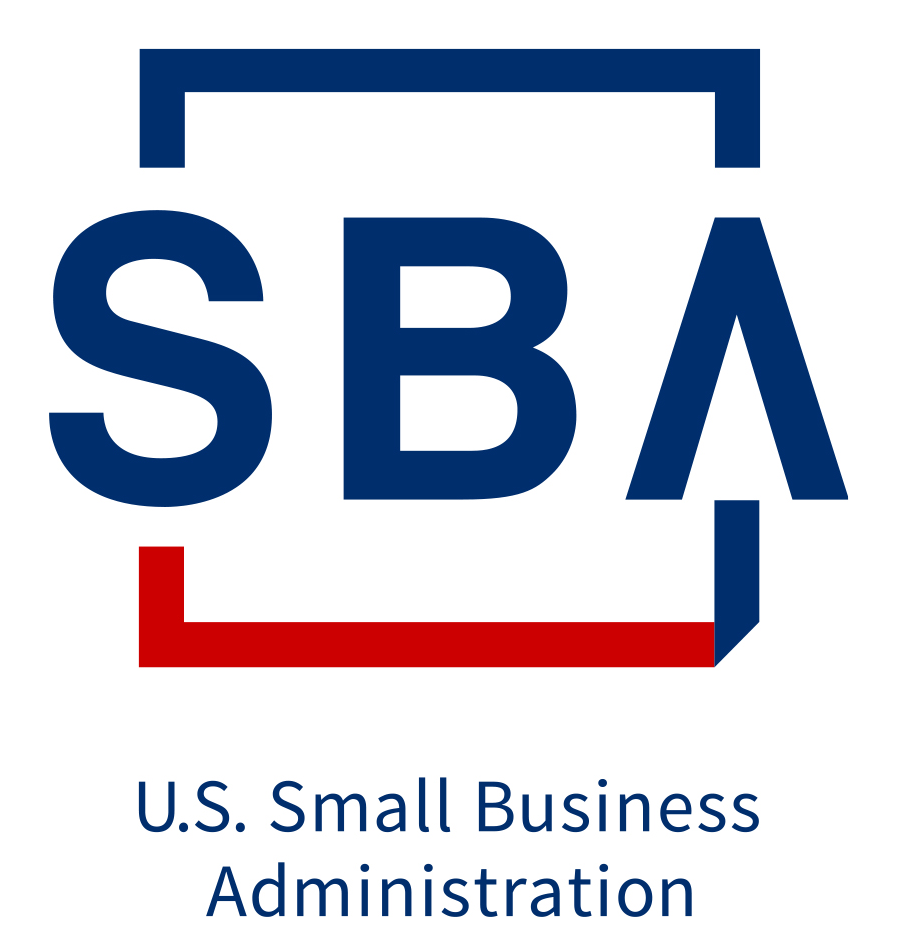The first part of this article focused on educating the prospective employee on setting him or herself from the pack by branding their skill set, personality, and experience. The second part of this article introduced “content marketing” and demonstrated tips on how real-life examples of work can translate your experience far beyond the traditional resume. This final part of this article will discuss ways to be found. First things first, without the hiring committee finding you you’re virtually unable to compete for the position.
Make it easier to be found by integrating your owned properties Ensure your résumé contains links to your professional social presence online; include hyperlinks to your blog, website, LinkedIn profile, and any notable publications, portfolios, interviews, etc. Likewise, any content you create–whether a blog post, an article, a slideshare, or more should include a “call to action” to view your professional credentials with appropriate links. Ensuring all touchpoints include prominent links back to your LinkedIn profile or online résumé is critical to ‘pulling’ employers to you.
Connect with influencers (real influencers as well as a personal network of influencers). Start talking and connecting. Read blogs, Twitter, publications, and LinkedIn thought leadership to identify the influential voices in your industry. Engage them in dialogue by responding to and sharing their content, and asking for their expert opinions on your own content. From your own network of professional contacts, begin asking for job advice, feedback on your content, and opportunities to learn one-on-one from peers’ expertise. These interactions will increase your visibility among those with influence, expand your job search net, and hone your own skills all at once.
Use search insights to improve your resume and your content Applying search best practices when submitting a résumé online is crucial. But beyond optimizing your resume, a search can play a helpful role in identifying the trending topics and keywords to weave into your blog, Slideshare, podcast, and discussion content. Google’s suite of free tools– Google Trends, Google Alerts, and Google News are extremely useful for listening to the marketplace. These tools will help you identify what topics are trending in search and in the news. Trends also allows you to compare and contrast terms by search volume so you can plan the most relevant content for your key audiences.
We hope these tips are helpful in landing your next job. Don’t forget to check out our Job Search page to see all of our available listings.
<!–














